Buy Gemcite : Gemcitabine 1000 Mg Injection Online
$150.56
Brand Name : Gemcite
Composition : Gemcitabine
Manufactured by : Eli Lilly and Company Pvt. Ltd.
Strength : 1000 mg
Form : Injection
Packing : Pack of 1 Vial
Prescription Required *
Gemcite is a brand name for the drug Gemcitabine 1000 mg injection, a chemotherapy medication used to treat certain types of cancer. It is a clear and colorless to slightly yellow solution that is administered intravenously.
Composition:
Each Gemcite vial contains 1000 mg of Gemcitabine as the active ingredient, along with mannitol, sodium acetate trihydrate, and water for injection.
Uses:
Gemcite is primarily used for the treatment of the following cancers:
– Non-small cell lung cancer
– Pancreatic cancer
– Breast cancer
– Ovarian cancer
– Bladder cancer
– Hodgkin’s lymphoma
Usage and Dosage:
Gemcite should be administered only under the supervision of a qualified healthcare professional who is well-versed in the use of chemotherapy drugs. The recommended dose depends on the type and stage of cancer, as well as the patient’s overall health.
For non-small cell lung cancer, the recommended dose of Gemcite is 1000 mg/m2 administered by intravenous infusion over 30 minutes on days 1, 8, and 15 of a 28-day cycle.
For pancreatic cancer, the recommended dose of Gemcite is 1000 mg/m2 administered by intravenous infusion over 30 minutes on days 1, 8, and 15 of a 28-day cycle.
For breast cancer, the recommended dose of Gemcite is 1250 mg/m2 administered by intravenous infusion over 30 minutes on days 1 and 8 of a 21-day cycle.
For ovarian cancer, the recommended dose of Gemcite is 1000 mg/m2 administered by intravenous infusion over 30 minutes on days 1 and 8 of a 21-day cycle.
For bladder cancer, the recommended dose of Gemcite is 1000 mg/m2 administered by intravenous infusion over 30 minutes on days 1, 8, and 15 of a 28-day cycle.
For Hodgkin’s lymphoma, the recommended dose of Gemcite is 1250 mg/m2 administered by intravenous infusion over 30 minutes on days 1 and 8 of a 21-day cycle.
Storage Conditions:
Gemcite should be stored in a cool and dry place (15-25°C or 59-77°F), away from direct sunlight and heat. The vials should be kept in their original packaging until use.
Mechanism of Action:
Gemcite works by disrupting the process of DNA synthesis in cancer cells, thereby preventing their growth and reproduction. It inhibits an enzyme called ribonucleotide reductase, which is essential for the production of DNA precursors.
Contraindications:
Gemcite is contraindicated in patients with a known hypersensitivity to Gemcitabine or any of the other ingredients in the formulation. It should not be used in pregnant or breastfeeding women, as it may cause harm to the fetus or newborn. Gemcite should also be avoided in patients with severely impaired liver or kidney function.
Interactions:
Gemcite may interact with other medicines and supplements, causing adverse effects. Patients must inform their doctor if they are taking any prescription or over-the-counter medicines, herbal remedies, or dietary supplements before starting treatment with Gemcite.
Adverse Reactions:
The common side effects observed with Gemcite include nausea, vomiting, loss of appetite, constipation, diarrhea, fatigue, fever, chills, hair loss, and mouth sores. Serious side effects such as low white blood cell count, liver or kidney problems, and allergic reactions can also occur, but they are rare.
In conclusion, Gemcite is a powerful chemotherapy drug used to treat various types of cancer. It should be used only under the supervision of a qualified healthcare professional, who will determine the appropriate dosage and monitor the patient for side effects. Patients should report any adverse reactions to their doctor immediately.
Be the first to review “Buy Gemcite : Gemcitabine 1000 Mg Injection Online” Cancel reply
Related products
Anti Cancer
Anti Cancer
Anti Cancer
Anti Cancer


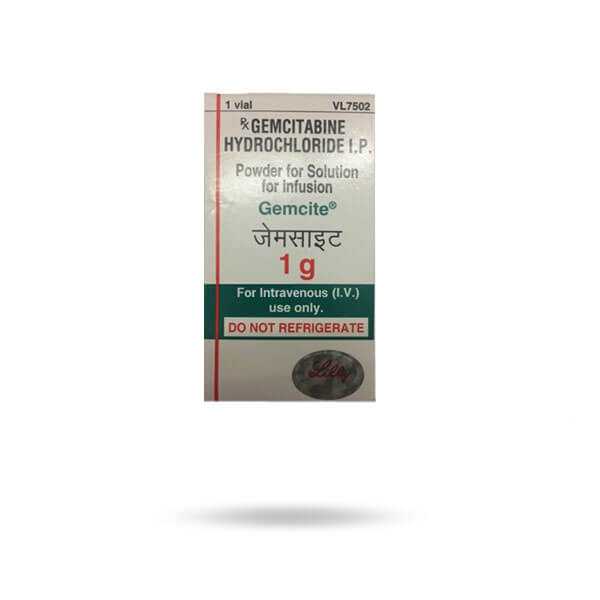
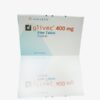

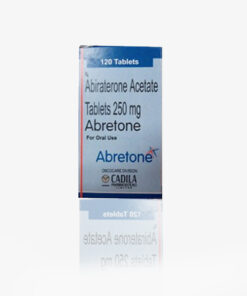
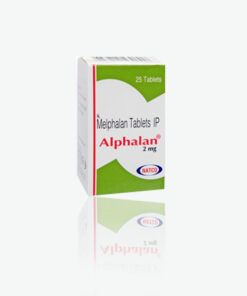
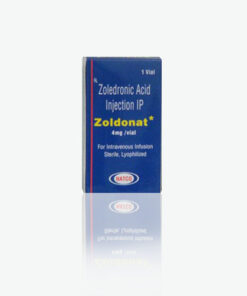
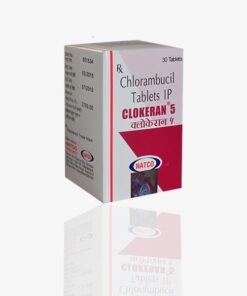
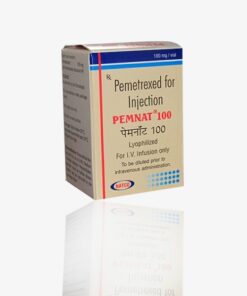
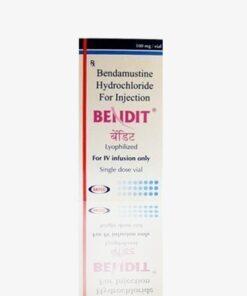
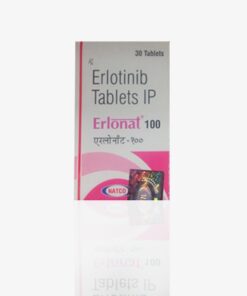
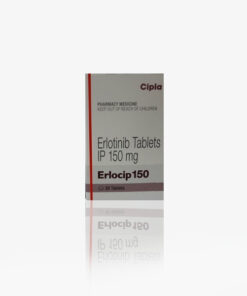
Reviews
There are no reviews yet.